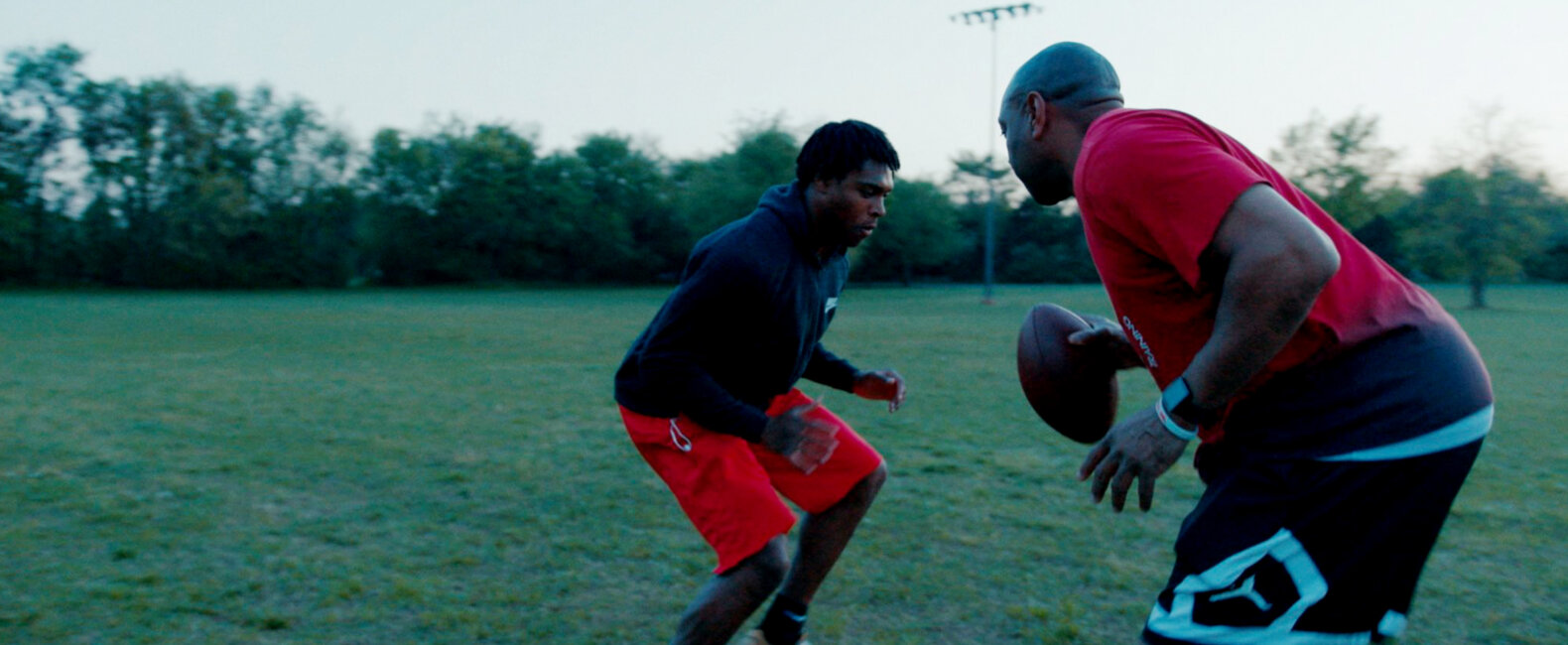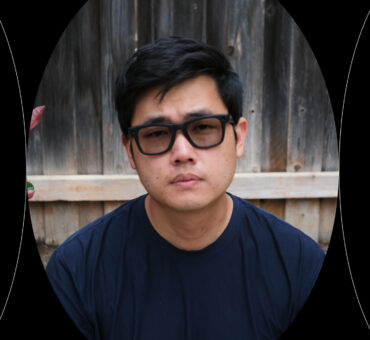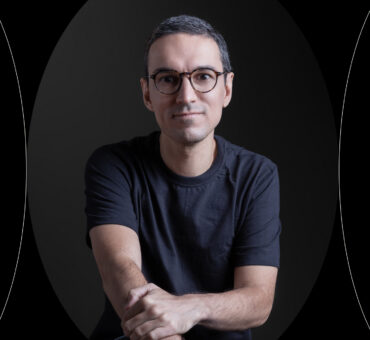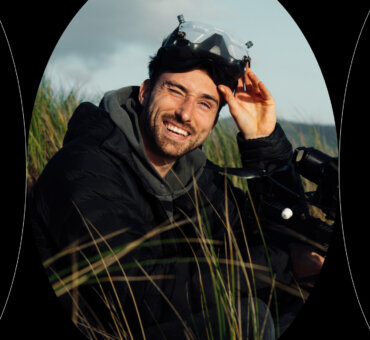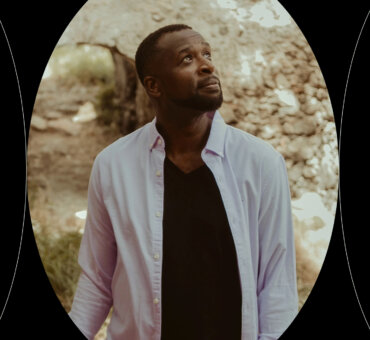There’s nothing harder than doing work that conflicts with what you truly believe. So, instead of changing your mindset to adapt to your work, why not adapt your work to your mindset? That’s what Rand Getlin did. As a prominent sports reporter with the NFL Network, he enjoyed the job, but also felt constrained by the parameters of traditional journalism, so he left to start his own production company. According to him, it’s the same type of work, just tweaked to reflect his own philosophies on truth and objectivity.
“At the end of the day, for me, it’s really simple. Tell the truth. And be thoughtful about the way you tell that truth. That’s it,” Rand told us. “As long as you’re being objective in that regard, and you’re sharing information that people are interested in, then you’re fulfilling one of the core tenets of what I understand journalism to be.”
We all have our innate perspectives, perceptions, and ethics. Instead of compromising on those views for his career, Rand decided to translate them to an entirely new one. His philosophy is paying off. Park Stories, his production company, is behind some of the most heartfelt, authentic sports documentaries we’ve ever seen — and a big part of that seems to be due to Rand’s views on storytelling.
We talked with him about how he used a unique background to develop trust with athletes and how he’s finding creative fulfillment in ways he never thought possible.

Musicbed: Why are you drawn to football players’ stories in particular?
Rand Getlin: We want to work with all athletes — and were lucky enough to tell an awesome story about a basketball player named Zion Williamson earlier this year — but football players are unique because they play behind face masks. Because of that, they’re not always seen as human beings by the average fan. For instance, I remember reading an article where they were referred to as “rock ‘em sock ‘em robots.” That reality always bothered me.
At Park Stories, we know there’s a human behind every face mask and they’ve got a compelling story to tell. They have people that love them and people they love. So our philosophy ended up being a really harmonious fit for this world, along with everything we’d done prior to this point.
How so?
After I got done with law school, a buddy and I started a sports consultancy to help players transition from college to the pros. But, once we realized schools weren’t interested in paying to help athletes prepare for the business of sports, I ended up stumbling into a job as a reporter, writing about law and sport, and that eventually led to me doing on-air insider work for the NFL Network.
Why did you decide to leave journalism behind?
I’m fully aware that a lot of people, especially those who’ve been doing this for years, are scratching their heads, wondering how we pulled this together. But, the answer is really straightforward. We had no choice but to make it work if we wanted to turn our dream into a reality.
We understood that stories told well on screen can impact people’s lives in more profound ways than stories told through any other medium, and that’s what we ultimately want to do with our lives.
You didn’t feel you were getting that through reporting?
From an athlete’s perspective, in many cases, they see the media as exploitative and often feel like they’re operating without empathy. As a result, many of them see media as something to be avoided. And that’s a real issue.
We believe you can’t paint anyone or anything in society with one broad brushstroke. There are shades of grey to everything.
I mean, I was a member of the media. I did work in all realms of sports reporting, from investigative, to on-air work, all the way to the kind of stuff we’re doing now.
But, the primary motivation behind my work has always been driven by a determination to help players succeed. I drew a lot of heat for that in my former gig. It was a negative that I was pro-player in some people’s minds. They’d say, “You’re not allowed to be friendly towards the players, because it’s your job to objectively report the news.” But “objectivity” is relative. We all have lenses that we see the world through based on our experiences, regardless of whether we identify our leanings outwardly or not. I just never hid from it. I wanted to see these players do well and I wasn’t afraid to own that.
If I had to make a choice between reporting the same news in a way that would bolster the case of a team owner who is worth billions of dollars, or bolster the case for a player like Jarvis Landry, who overcame the longest of odds to get here, then the tie goes to the player in my book.
Did that attitude help you gain trust for these stories?
Our whole team really cares about telling athletes’ stories and I think that’s the thing that resonates most with them.
My wife, Janina Pelayo, is also my partner, and she’s a phenomenal talent. She makes everyone feel at home when they’re with us. Our dear friend and creative partner, Luke Korver, is one of the most thoughtful, committed, artistic people we’ve ever had the pleasure of working with. And Lucas Harger and Sam Baiamonte from Bruton Stroube are brilliant editors who’ve done a phenomenal job bringing these stories to life. Athletes take us all together, and know that we’re going to give everything we have to making sure their story is told properly. And thankfully that word is starting to get around.
To have an athlete — or anyone for that matter — trust us with their story is a remarkable honor. One that we take very seriously. So we challenge ourselves each time to maximize the impact of their testimony. And it’s not always easy for them to open up, but we make sure that when it’s all said and done, they feel like it was absolutely worth it.
What steps do you take to narrow in on their stories?
We’ve got a master list of somewhere around 75 athletes whose story we’d like to tell. But, if yours doesn’t wake us up at 5:00 in the morning because we’re so excited to tell it, we’re probably not the right shop for the job. We just don’t have the time.
The athlete community is very insular, and we’ve been lucky enough to get a lot of referrals to other amazing stories based on the experiences these guys and their families have had with us. That’s something we’re really proud of.
What kind of stories wake you up at 5:00 in the morning?
Jarvis Landry’s story was so powerful. And it wasn’t just his story that was powerful; he is powerful. And his mother and brother are powerful. The emotion, the drive, the perseverance, the belief. You can feel the inspiration when you think about that story.
For me, having come from less, I started thinking to myself, *Man, I wish when I was going through some of the tougher times in my childhood I would’ve had something like this to press play on. Yeah, this is sports, and maybe I won’t make it as an NFL football player, but maybe I can make it as a business person. Maybe I can make it as a creator. Maybe I can make it as a doctor. *
Whatever it is you want to be great at, you can learn those lessons through these players’ stories. And it helps that we can share them on these massive stages because tens of millions of people want to know more about them.
Is this work that different from traditional journalism?
Every piece that we’ve put out so far has been journalism. What we’re doing is taking the time that’s necessary to understand these athletes’ stories at a granular level, and express their core truth to the public in 10 minutes or less.
What we’re really trying to do is make sure everything we put out is 100% truth. That’s the core of journalism — deep fact-finding, asking the questions that need to be asked in order for the truth to be unlocked, and figuring out a way to deliver those truths in ways that people can consume and understand.
I used to have these high-level conversations with industry folks about objectivity, what is“capital J” journalism? At the end of the day, for me, it’s really simple. Tell the truth. And be thoughtful about the way you tell that truth. That’s it. As long as you’re being objective in that regard, and you’re sharing information that people are interested in, then you’re fulfilling one of the core tenets of what I understand journalism to be..
Are you finding a new fulfillment with Park Stories?
Oh yeah. This is the most fulfilled I’ve ever been in my professional life. By far. We wake up every day and tell the stories we want to tell, the way we think they should be told. I’d never experienced creative freedom for real until I got into this space.
I was given the opportunity to be creative before, but as a reporter, there were absolutely parameters. Which was fine during that period of my life, but as our careers advanced, we wanted to exert maximum creative control over the things we were dedicating our lives to.
At 35 years old — from both a business and personal standpoint — I truly feel that I’ve found my life’s calling. This is something I know I can be passionate about until my time on this planet is done, and that feels pretty damn good — to know that you genuinely love what you do.















































































